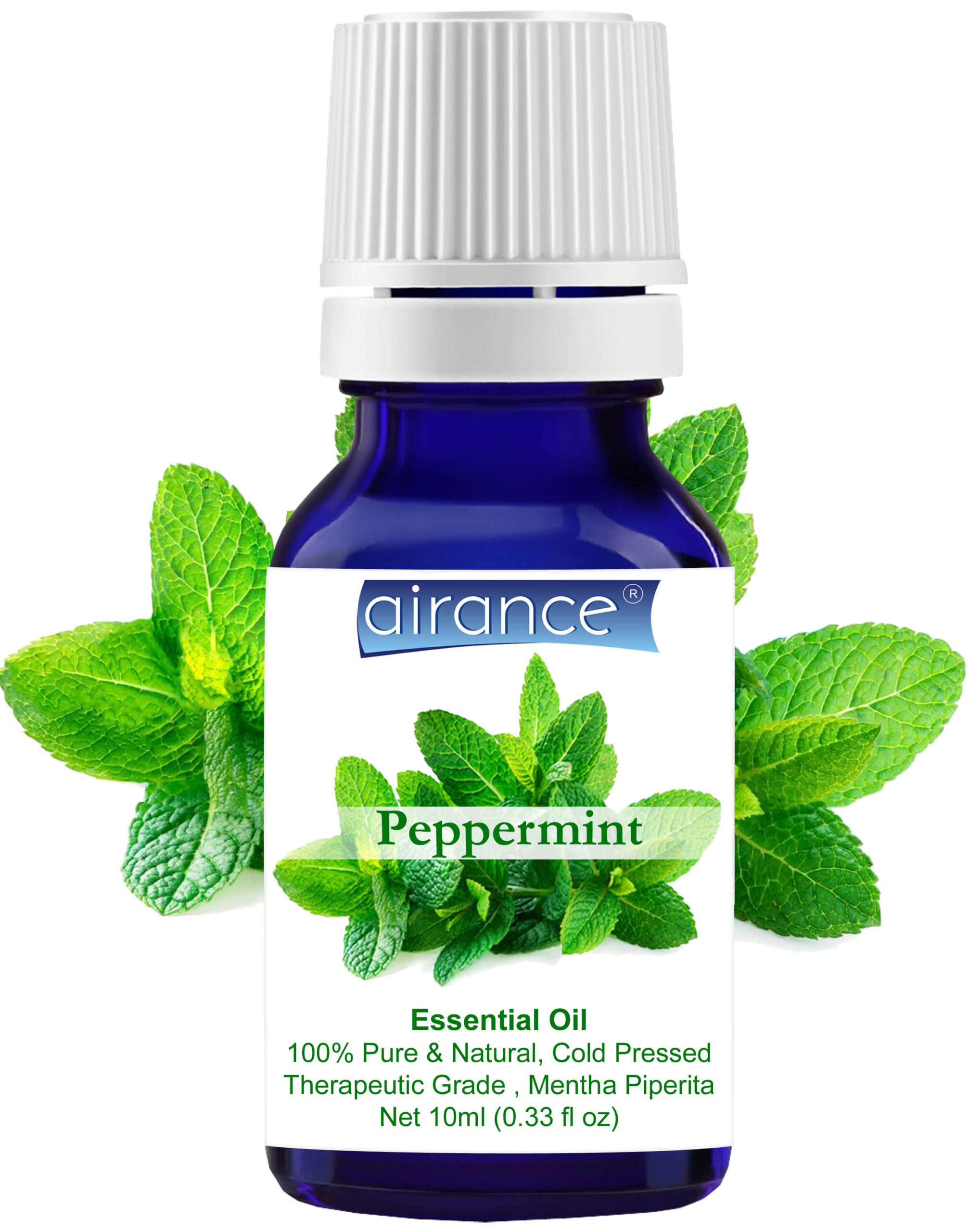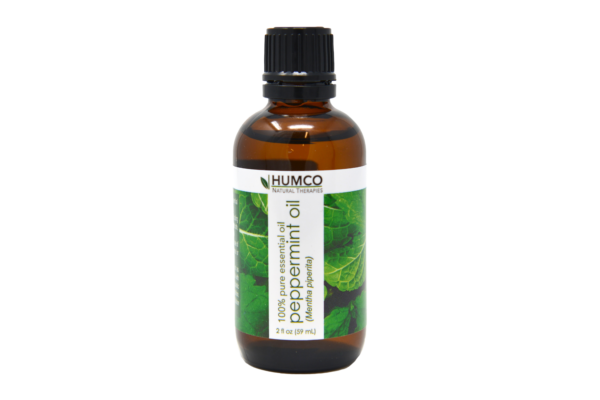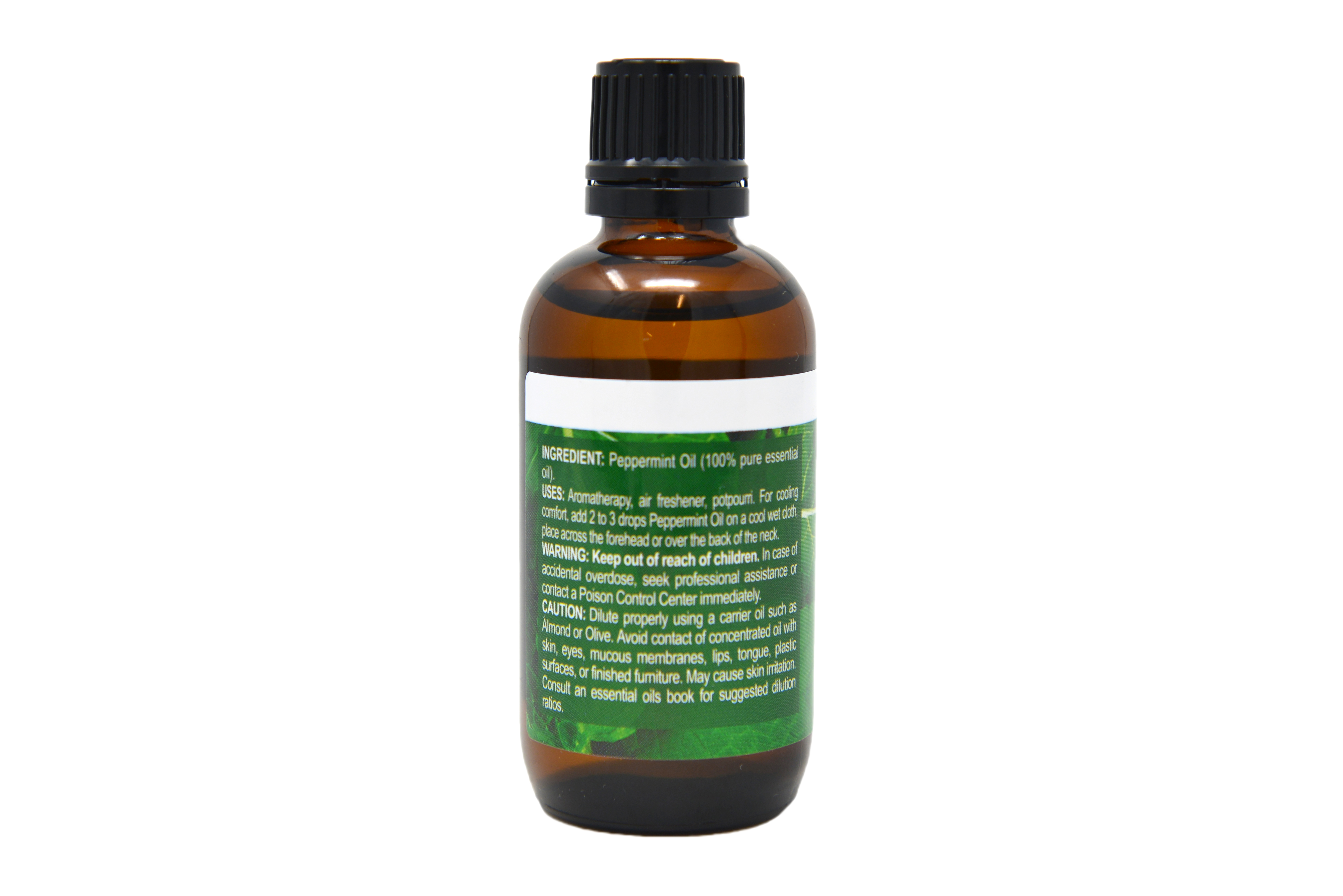

#PEPPERMINT OIL SKIN#
Side effects with peppermint oil medicines taken by mouth include an odour of menthol in urine and stools, pain when passing urine, inflammation of the glans of the penis, allergic reactions with headache, slow heart rate, muscle tremor, inability to co-ordinate muscle movements, anaphylactic shock (sudden, severe allergic reaction), contact sensitivity on the mucosa such as the lining of the nose and mouth, and red skin rash, heartburn, burning around the anus, blurred vision, dry mouth, nausea and vomiting. What are the risks associated with peppermint oil medicines? Therefore, the HMPC conclusions on the use of these peppermint oil medicines are based on their long-standing use.įor detailed information on the studies assessed by the HMPC, see the HMPC assessment report. Although a possible effect in easing breathing was seen, firm conclusions could not be drawn.

In its assessment, the HMPC also considered clinical studies in relief of symptoms of cough and colds. Moreover, the intended use does not require medical supervision. This means that, although there is insufficient evidence from clinical trials, the effectiveness of these herbal medicines is plausible and there is evidence that they have been used safely in this way for at least 30 years (including at least 15 years within the EU). The HMPC conclusions on the use of these peppermint oil medicines for relief of symptoms of coughs and colds, muscle pain and itching are based on their ‘traditional use’ in these conditions. For relief of headache, a study showed that an application of 10% peppermint oil in ethanol on the forehead reduced headache intensity. In its assessment, the HMPC considered a number of clinical studies with peppermint oil which showed that peppermint oil relieved belly pain, discomfort and bloating feeling in patients with irritable bowel syndrome. This means that there are bibliographic data providing scientific evidence of their effectiveness and safety when used in this way, covering a period of at least 10 years in the EU. The HMPC conclusions on the use of these peppermint oil medicines for relief of gut problems and headaches are based on their ‘well-established use’ in these conditions. How does peppermint oil work as a medicine?
#PEPPERMINT OIL HOW TO#
preparations used to relieve symptoms in colds and coughs should not be used in children aged between 2 and 11 years.Ī doctor or a qualified healthcare practitioner should be consulted if symptoms persist or worsen when using these preparations.ĭetailed instructions on how to take peppermint oil medicines and who can use them can be found in the package leaflet that comes with the medicine. Peppermint oil preparations must not be used in children under 2 years old and, depending on the use, they may not be recommended in older children, e.g. In addition, preparations that are applied to the skin can be used for relieving localised muscle pain and itching when the skin is not damaged.

The HMPC also concluded that, on the basis of their long-standing use, peppermint oil preparations that are inhaled, sprayed in the mouth, taken by mouth or applied on the chest, the back or around the nostrils can be used to relieve symptoms in coughs and colds. Preparations that are rubbed on the skin of the forehead and temples can be used for relief of mild headaches they should not be used in children and adolescents under 18 years of age. Peppermint oil preparations for these indications should not be used in children under 8 years old. The HMPC concluded that peppermint oil preparations that are taken by mouth can be used to relieve minor belly spasms, flatulence and belly pain, especially in patients with irritable bowel syndrome.


 0 kommentar(er)
0 kommentar(er)
